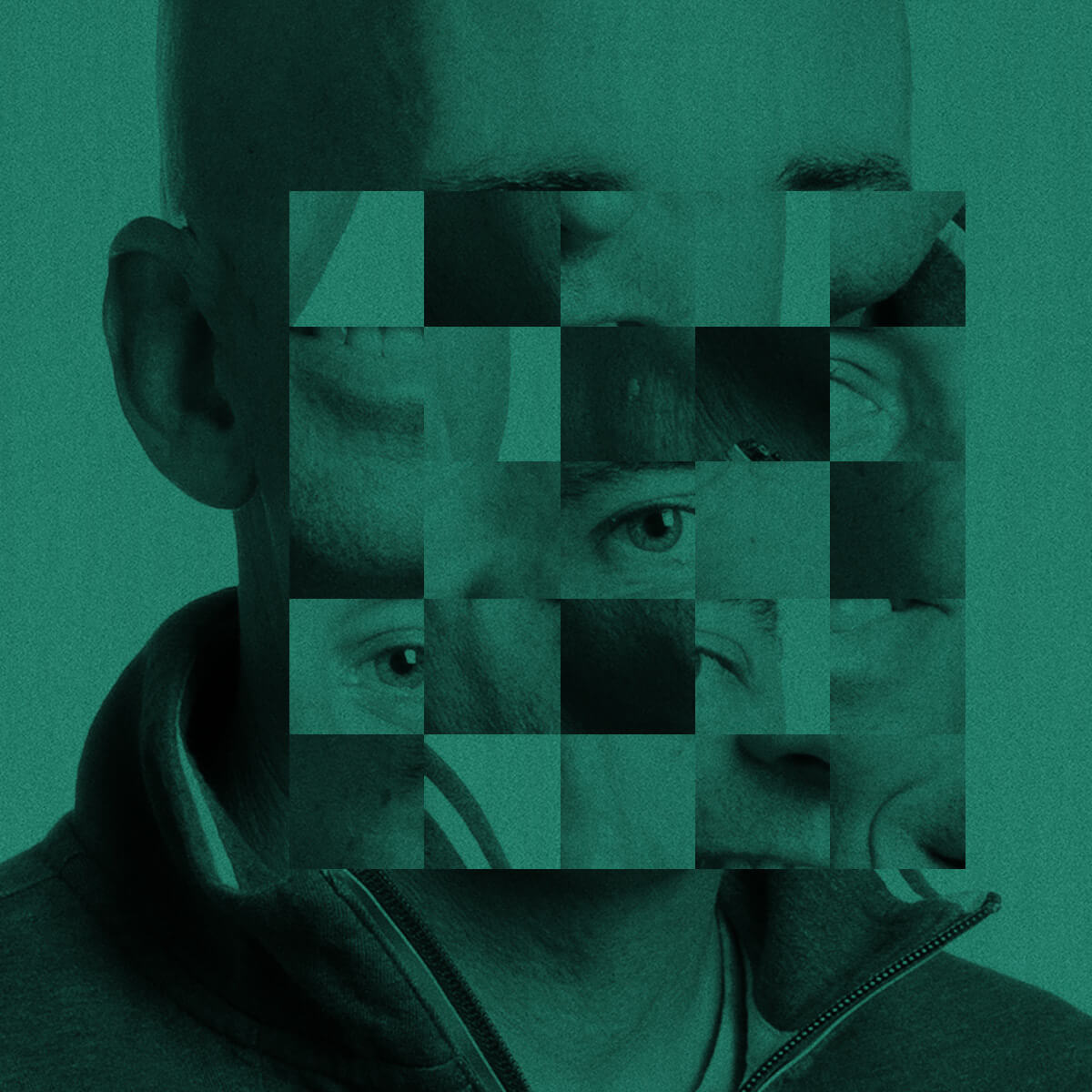Decipher Podcast: Reddit’s Matt Johansen on Identity Attacks, Enterprise Security, and Burnout
Reddit's head of application security Matt Johansen joins Dennis Fisher to talk about the highlights of Black Hat USA, the

He is one of the co-founders of Threatpost and previously wrote for TechTarget and eWeek, when magazines were still a thing that existed. Dennis enjoys finding the stories behind the headlines and digging into the motivations and thinking of both defenders and attackers. His work has appeared in The Boston Globe, The Improper Bostonian, Harvard Business School’s Working Knowledge, and most of his kids’ English papers.

Reddit's head of application security Matt Johansen joins Dennis Fisher to talk about the highlights of Black Hat USA, the
Risk management is not one of humanity's strong points, but we can learn some lessons from our own real life experiences to apply
As software systems have become ever more complex, the opportunity for security researchers to show their value has grown, as
Microsoft researchers have disrupted a phishing and business email compromise campaign that used several separate cloud platforms to disguise its operations.
Google Workspace's new client-side encryption feature allows enterprises to control their own keys.
The FBI and international law enforcement agencies have disrupted Slilpp, allegedly the largest online marketplace for stolen credentials.
Food producer JBS USA said it paid an $11 million ransom to resolve the ransomware attack that hit the company on May 30.
Microsoft's June Patch Tuesday includes fixes for six vulnerabilities that have been used in attacks in the wild.